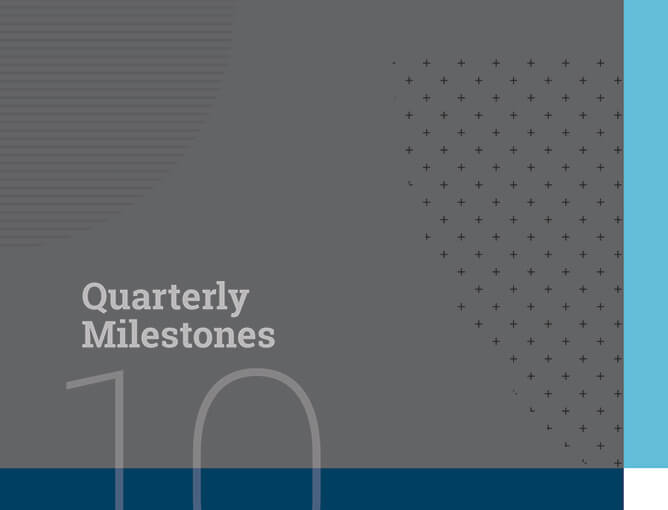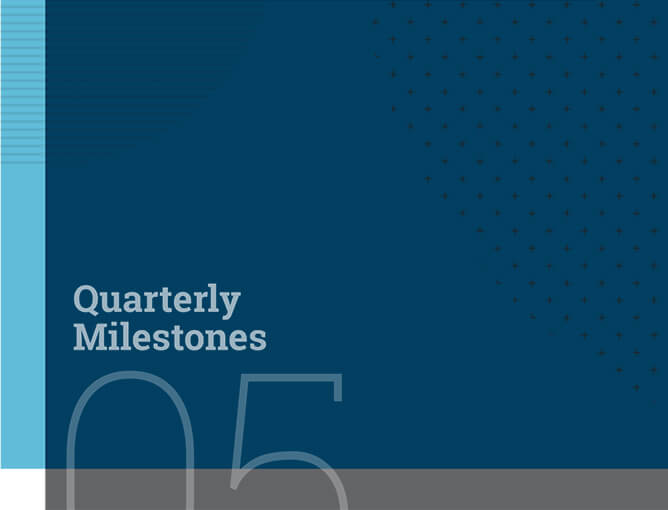
Joseph JimmyPartner

Archana RawatCounsel

Ritwik SrivastavaAssociate
Key Developments
-
SEBI prescribes new disclosure requirements and dos and don’ts for the issue of green debt securities
With a view to align the regulatory framework for green debt securities with the Green Bond Principles recognised by the International Organisation of Securities Commission, the Securities and Exchange Board of India (SEBI) has prescribed additional disclosure requirements and responsibilities that issuers of such securities will now have to adhere to. To address rising market concerns regarding greenwashing, SEBI has attempted to define the term ‘greenwashing’ and provided a list of dos and don’ts that issuers need to ensure to reduce/avoid instances of greenwashing.
These requirements are a favourable development aimed at deterring companies from taking undue advantage of the subsidies offered by the government towards sustainable financing.
The key changes to the regime are:
-
Scope of ‘green debt securities’ expanded: The definition of ‘green debt securities’ has been expanded to provide new categories of projects for which funds may be raised through issue of green debt securities by issuers. These include projects aimed towards:
- climate change adaptation,
- pollution prevention and control,
- circular economy adapted products,
- blue bonds for sustainable water management,
- yellow bonds for projects related to solar energy, and
- transition bonds for projects aimed at moving towards a more sustainable form of operation.
- Early redemption option for non-compliance with end-use requirements: In case funds raised through green debt securities are used for purposes that do not qualify as ‘green debt security’ as prescribed by SEBI, debenture holders now have the option to demand early redemption, through a majority vote of such debenture holders.
- Greenwashing defined: To curb the misuse of funds raised through the issue of green debt securities, the term ‘greenwashing’ has now been defined as ‘making false, misleading, unsubstantiated, or otherwise incomplete claims about the sustainability of a product, service, or business operation’. Issuers are now required to ensure that they regularly monitor the end-use of funds to ensure that it is used for a transition towards a greener pathway, results in the reduction of adverse environmental impact and contributes towards a sustainable economy.
- Introduction of third-party certification requirements: In a further step towards ensuring proper end-use of green debt securities, issuers are now required to appoint an independent certifier to audit and track the use of proceeds, and for management of projects during the pre-issue and post-issue phases. This is required to be disclosed in the offer document and is applicable for a period of two years from 1 April 2023 on a ‘comply or explain basis’.
- Continuing disclosure requirements in financials mandated: Certain ongoing disclosure requirements in the financial statements and annual reports have also been mandated for issuers of green debt securities. These include disclosing the processes and criteria used for the selection of eligible projects, green standards followed, certifications achieved, and environmental objectives of such projects. Other disclosure requirements include details of temporary placement of unutilised proceeds, and impact reports and perceived risks of the projects.
-
-
Process of onboarding and granting registration to foreign portfolio investors streamlined
As a welcome change in the market, SEBI has notified certain operational changes to the provisions related to foreign portfolio investors (FPI) through its circular dated 27 March 2023, with a view to ease the onboarding process of FPIs and reduce the time taken for granting registration for FPIs. This addresses the longstanding demand for grant of FPI registration in a shorter timeframe, and digitisation of the onboarding process and related documentation. Scanned copies of the common application form and supporting documents for the purpose of granting the FPI registration will now be acceptable. Digital signatures can also be affixed on such documents for submission with SEBI. This is subject to a caveat that until physical documents have been submitted to and verified by the custodian/designated depository participant, no transactions can be undertaken by FPIs which obtain registration on the basis of scanned copies.
-
Alternative investment funds can now participate in credit default swaps
To tap into the full potential of the corporate bonds and derivatives markets by bringing in more participants, SEBI has now allowed Alternative Investment funds (AIF) to participate in the credit default swaps (CDS) market. This is also expected to give AIFs an additional means of managing their credit risk in the debt securities market.
However, this participation is subject to certain restrictions related to the specific category of the AIF. Placing restrictions based on the category of the AIF in question is a prudent move as this would allow AIFs with relevant risk profiles to participate in such transactions.
-
National Company Law Tribunal, Kolkata Bench, rules that a shortfall undertaking is classified as financial debt under the Insolvency and Bankruptcy Code, 2016
The National Company Law Tribunal (NCLT), Kolkata bench, in the case of IL&FS Infrastructure Debt Fund (ILFS) v McLeod Russel India Limited has ruled that a shortfall undertaking, if intended as a guarantee by the parties, will be treated as a ‘financial debt’ under Section 5(8)(i) of the Insolvency and Bankruptcy Code, 2016 (IBC).
In this case, ILFS had subscribed to non-convertible debentures issued by a company and a shortfall undertaking to meet any debt servicing related shortfall was executed by the corporate debtor in favour of ILFS. Additionally, certain post-dated cheques (PDC) were also issued by the corporate debtor to secure the shortfall. In the facts of this case and keeping in mind the intention of the parties involved (which was signified by the shortfall undertaking coupled with PDC), the NCLT, Kolkata Bench held that the shortfall undertaking would be considered a guarantee under the Indian Contract Act, 1872.
In an earlier instance of Axis Bank Limited (ABL) v Nageswara Rao, the NCLT, Mumbai Bench had rejected the argument of the financial creditor that indemnity obligations under the ‘obligor undertaking’ would constitute a financial debt under IBC. The Bench held that the indemnity provision in this case was not an indemnity issued in respect of the principal debtor's obligations under the commercial papers and was therefore not a ‘financial debt’ as understood under IBC.
It would be interesting to see how the higher courts view these contrasting rulings in the near future as shortfall undertakings are common in structured transactions involving sponsor support.
The upcoming quarters are expected to witness the much-awaited changes to the IBC as proposed by the Ministry of Corporate Affairs to streamline the insolvency and liquidation processes and address the concerns related to the distribution of proceeds. The introduction of derivative contracts to corporate bond indices is expected to further have a positive impact on liquidity in the market.












